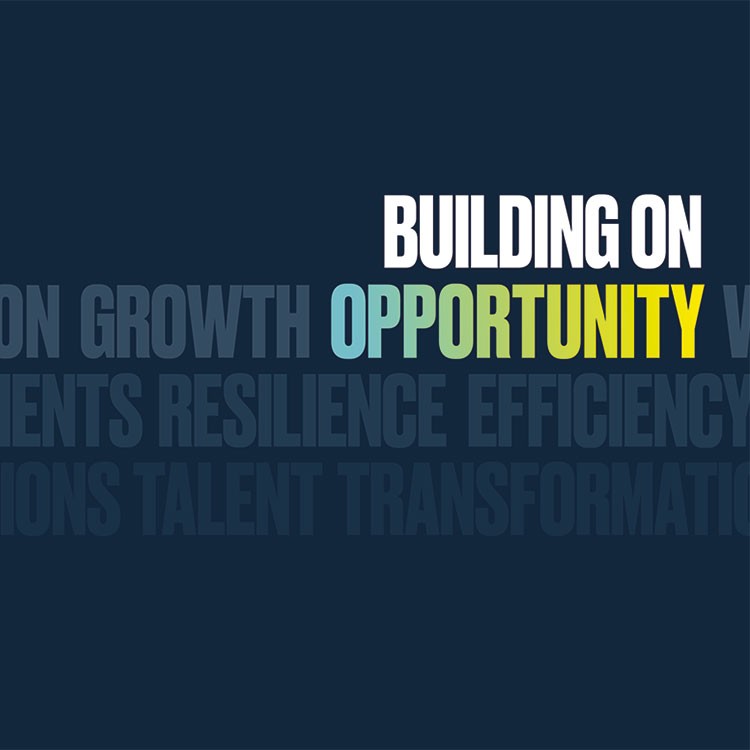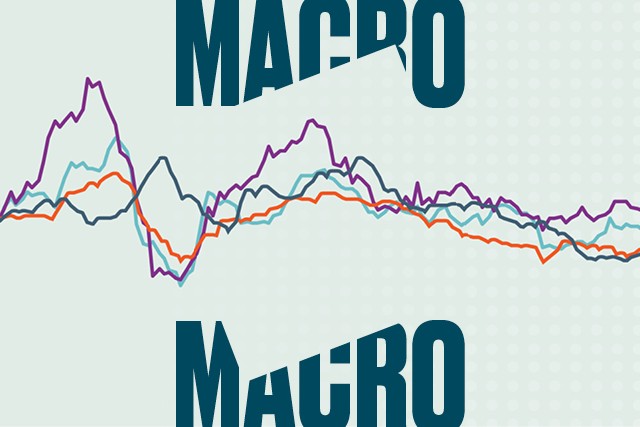INVESTMENT STRATEGY
Insights
See patterns others can't
Featured

Aerial View
Echoes of 2019’s repo market dislocation and concerns about small and mid-size bank weakness have returned, just when a soft landing is within the Fed’s grasp. What needs to be done to avert a liquidity crunch?

BNY Mellon Investment Management’s Alternative Investments 2024 report examines non-traditional investments that could take advantage of eight cyclical and secular themes, potentially offering different return drivers and risk profiles to help portfolios remain resilient in varying market climates.








